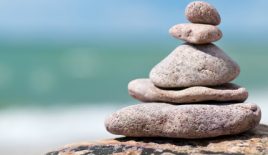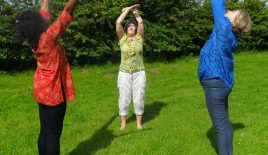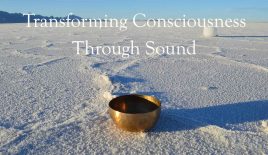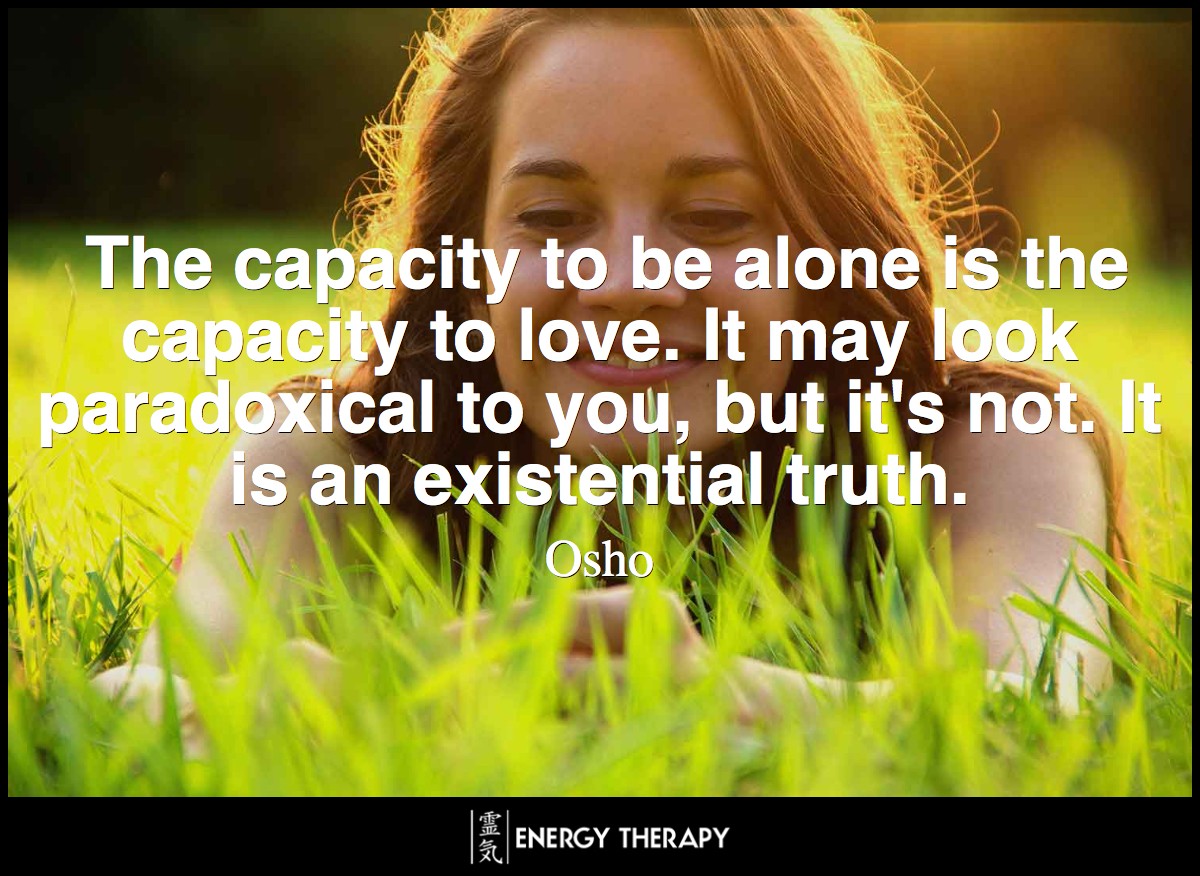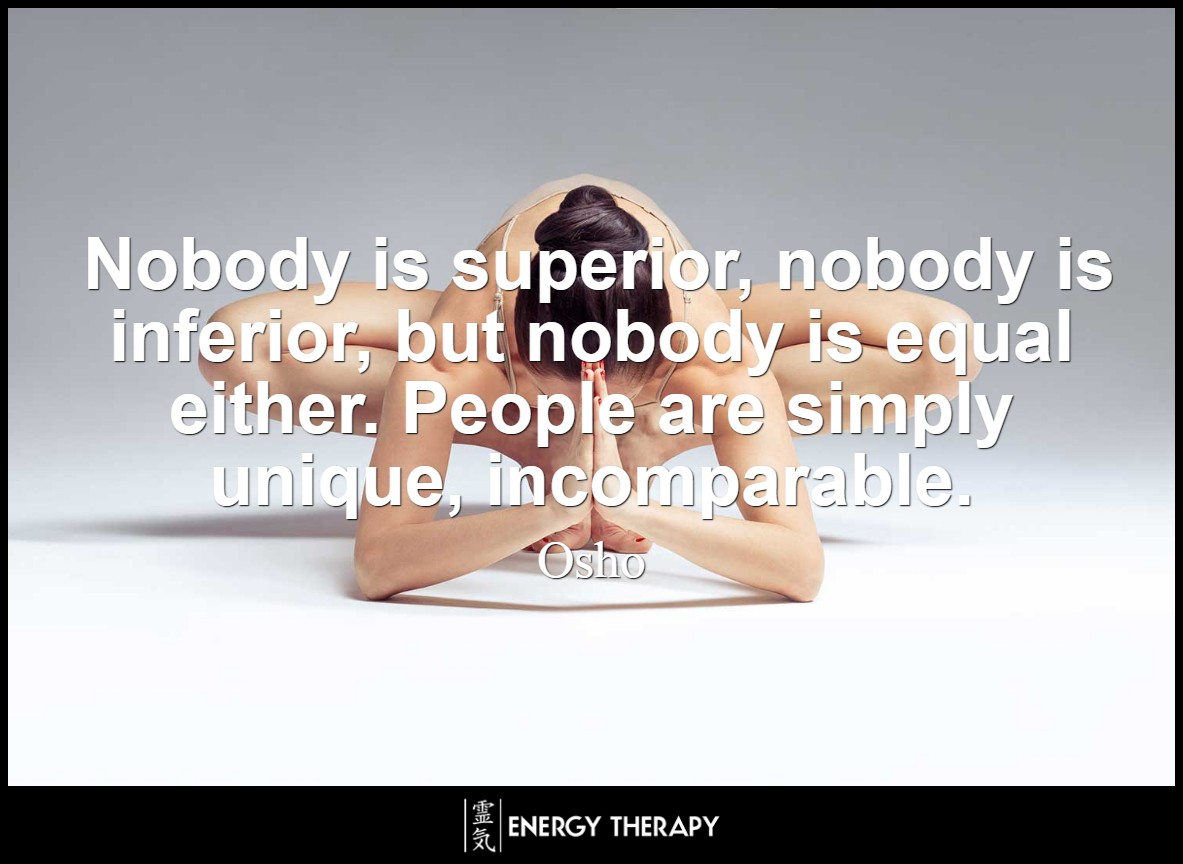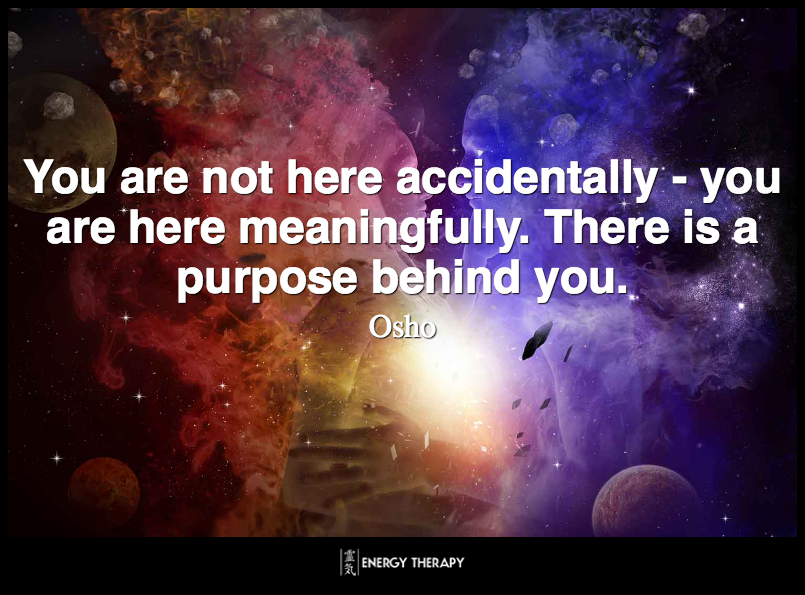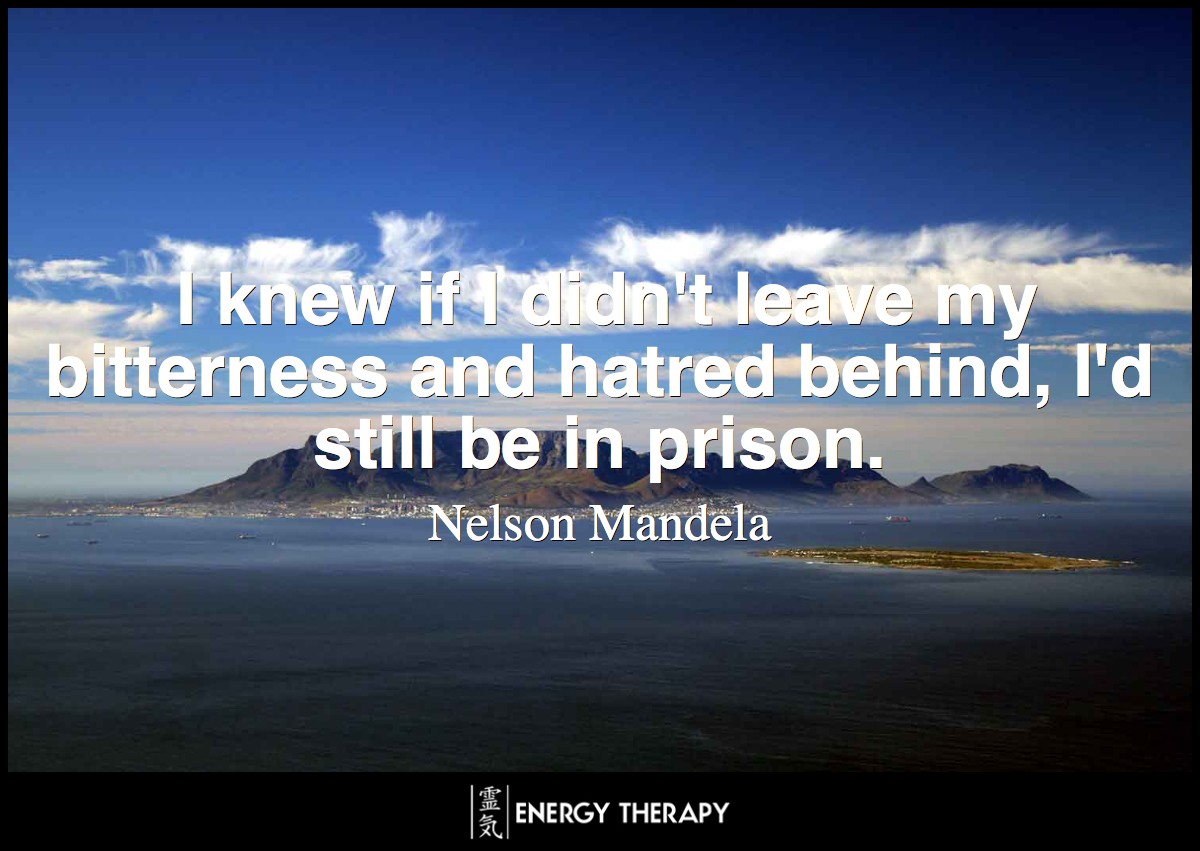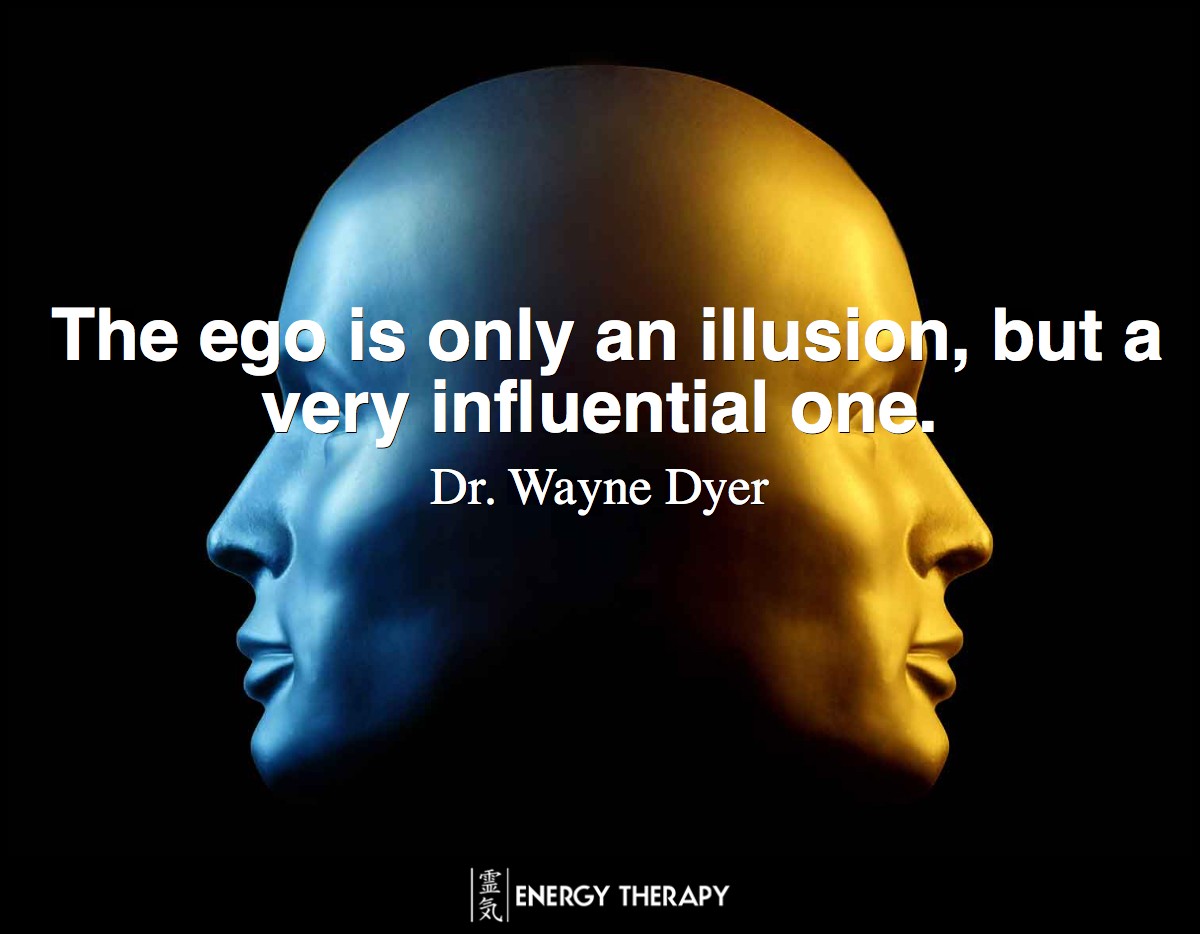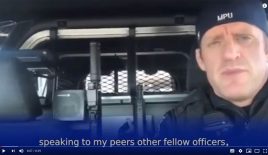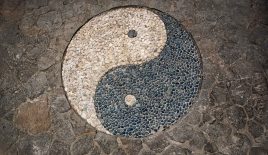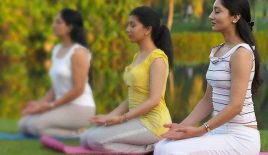Guide to finding a Reiki Practitioner or Teacher

If you were trekking up a mountain, you would want to make sure you were fully prepared and had the best possible guide to lead you and help you get the most out of your experience. You would certainly want to resonate with your guide and feel at ease with him or her.
It’s the same with Reiki…
When choosing a Reiki practitioner or Reiki master/teacher it is useful to:
- Make sure the Reiki practitioner/teacher is registered with an accredited Reiki association.
- Speak to the Reiki practitioner beforehand to make sure you feel comfortable with him/her. Make sure that they are honest, supportive of your needs, and can readily answer your questions. Trust your intuition to guide you to the right person.
- Make sure the practitioner is willing to work on your specific condition(s).
- If you are undertaking a Reiki course, make sure that the course is recognised by accredited bodies such as the UK Reiki Federation or Complementary Therapists Association and that a manual and some post-course support are included. Reiki masters cannot be expected to babysit their students (Reiki is about self-empowerment after all!) but will provide some support in the form of Reiki shares and/or telephone access when stuff comes up.
- If taking a course, make sure you receive proper attunements in person. Accredited bodies will not recognise distant attunements at the present time. As well, it is useful to have a master guide you through the different stages of your Reiki journey, so that you can have a good foundation and feel supported as you practice letting go of that which no longer serves you/your highest good. Reiki brings spiritual growth, so there will most likely be challenges as more light is shone on those areas which need work.
Important additional notes
Although just one Reiki session can make a difference, it is usually more effective to have a course of regular treatments. It has probably taken many months, or even years, for symptoms to surface, so it usually takes a little time for the person to fully heal.
Healing is about making the person whole by helping them to recognise any thoughts/habits which they need to change, not just removing the symptoms. In our internet-based, fast-paced, “pop a pill and get rid of it” world, we have a great need to slow down and get in touch with our higher selves and trust the process of life once again.
Treatments may be offered weekly, fortnightly or monthly depending on the needs of the individual. A treatment plan should be discussed with the client, and reviewed as necessary. This will always be subject to the client’s preferences, and can be changed at any time according to progress. A good Reiki practitioner will also be mindful of any health conditions the client has and encourage them to see their GP for any serious illnesses.
Some Reiki practitioners and teachers have been quoted as saying that distant healings are ineffectual and distant attunements are ineffectual and/or dangerous. This is obviously rubbish. Distant healings work, period – the outcome of the healing path is up to the Soul but the healings will always be received if one is willing to receive them.
Distant attunements work (see Lightarian Reiki) but at this time in our evolution, it seems best to start with attunements in person until one has at least reached the Karuna Reiki® band of healing.
Be wary of Reiki teachers that offer ‘bargain’ deals such as learning Reiki I, II and III all in one weekend. It is unlikely that you will attain the level of self-mastery necessary to promote yourself as a Reiki Master in one weekend. Reiki is a journey of healing and self-awareness. The time to learn all of the levels is incredibly short compared to even ten years ago – with dedication to one’s spiritual purpose, one can complete up to the Masters level of Usui/Western Reiki in a year or two.
Ongoing practice after taking the Master training is essential for any Master, so make sure you ask your intended teacher what they are doing to refine their understanding of Self.
Being a Reiki Master does not mean that the teacher is already a spiritual master walking on the earth plane. “Master”, in this sense, usually means that the person has been given the tools to attune others to the Reiki energy. Additionally, it implies a willingness to take responsibility for one’s own life and this is really the first step to self-mastery!
The traditional style of Reiki which is widely used in the West today is actually “Takata” style Reiki. When following this method, level I has four attunements, level II has one attunement and the master level has one attunement.
However, Reiki is not a static energy and therefore the teaching and use of this energy cannot remain static, frozen in time, with rigid rules that hinder us from our true nature – expansion and growth.
We are experiencing profound energy changes on a personal and planetary level and the vibration of Reiki has dramatically evolved to reflect these changes.
Aspects of how Reiki is taught and how students are attuned have evolved to match the change. For example, William Lee Rand (founder of the International Center for Reiki Training) experimented with Reiki and found the Tibetan/Reiki attunement method to be just as powerful as the Western/Takata style method. Using this method, for Reiki Level I there is only one attunement. In my own teaching practice, I have used both methods and they are both equally effective.
Takata often taught Reiki I and II together. However, it is perfectly reasonable to separate them out.
It has been touted around that “Reiki level I only enables you to heal on a spiritual level”, but this is complete nonsense. With intention and awareness, Reiki will heal on all levels (physical, emotional, mental and spiritual) from the get-go.
It has been said that “a Reiki practitioner must only treat a client for a certain period of time” which is also nonsense. An ethical Reiki practitioner will offer follow-up treatments if there is a need and they will base their decision by being present and recognising the guidance of Spirit/Source.
To book an appointment, please get in touch. Alternatively, you may find a practitioner near you through the UK Reiki Federation or Complementary Therapists Association.


